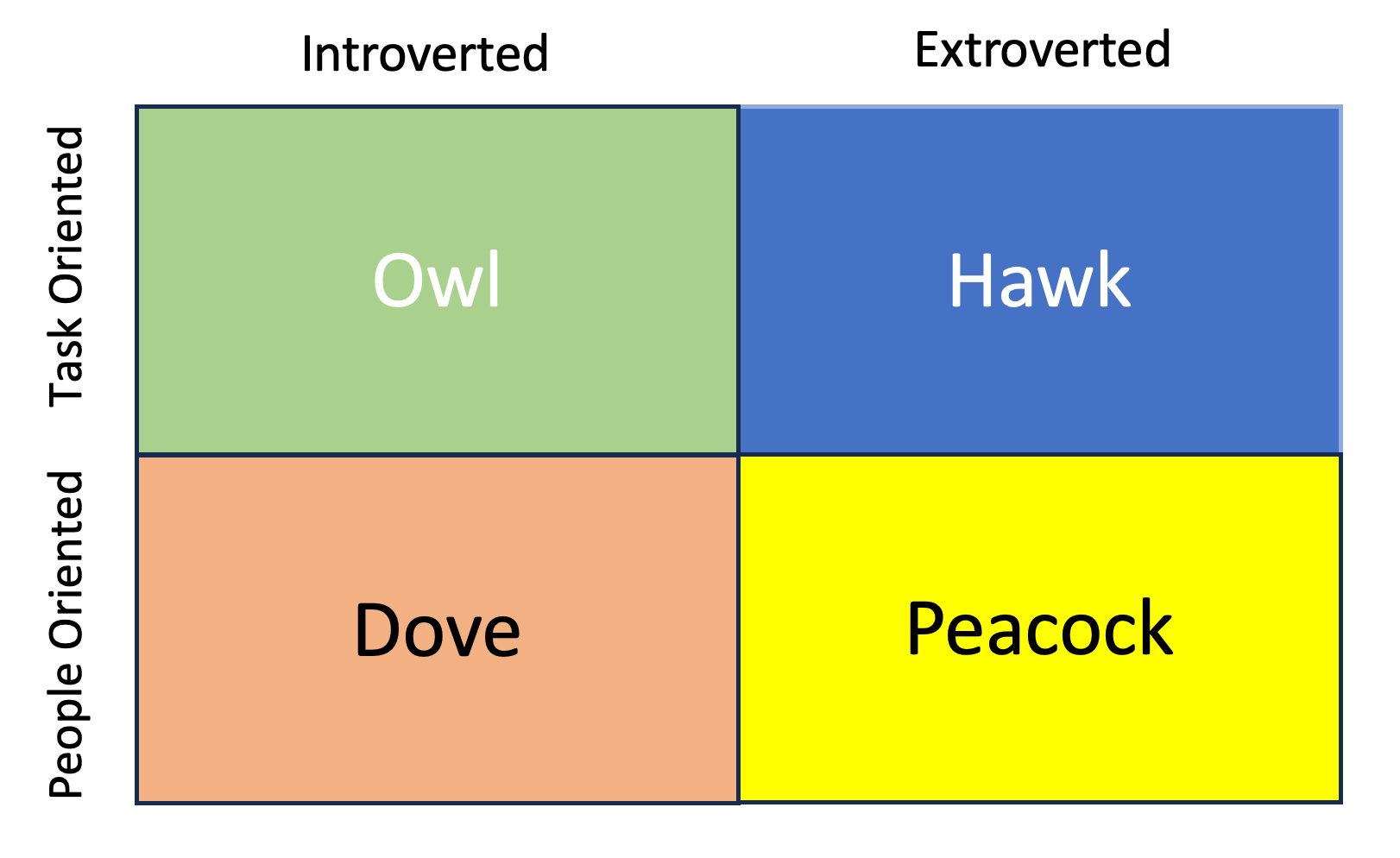LEAN WITH LAZARUS
Ian R. Lazarus
Lean with Lazarus | Ian R. Lazarus
It’s time to realize that there is no “one-size-fits-all” to change management.
Is it Conventional Wisdom, or Conventional Ignorance?

In my last column, I described how variation in process performance impacts throughput and cycle times in production. This is a dynamic found in most organizations because there is almost always variation in performance. Variation is “Enemy #1” to quality professionals since it is generally acknowledged that there is only one “best” way to produce excellent products and services.
As we also know, Lean is a popular method to reducing variation, along with its close cousin, Six Sigma. Unfortunately, many organizations struggle to implement these methods. In this column we will address one of the most important challenges to creating an environment where Lean methods (or any improvement method), will successfully take root and become core to the culture of the organization.
The biggest obstacle to practicing Lean is conventional thinking. Organizations that respond to new ideas with the reflexive refrain, “but we’ve always done it this way” are unwilling to admit there is a better approach to quality management and may even be willing to turn a blind eye to quality problems. Then there are leaders that believe they can simply mandate improvement.
The executive that broadcasts generic uplifting messages (or threats) to staff when a change is anticipated may well be ignorant to the scope of resistance that will emerge when attempting to implement those changes. Most people will initially resist any proposed alteration in their work conditions for fear of the unknown. That can be hard thinking to overcome and requires a level of emotional intelligence from leaders so that sources of resistance from staff can be addressed on their terms. Some people will need data; others will need empathy. An emotionally intelligent leader understands how to read the specific forms of resistance so that they can effectively address concerns, create trust, and build followers.
It’s time to realize that there is no “one-size-fits-all” to change management. The leader that relies upon fear and intimidation will find the workforce is tolerant only long enough to see that leader leave the organization – until that time, they will bide their time. There is a reason why Americans have been described as “irrationally exuberant;” most staff are generally confident that what is career limiting for the CEO is not necessarily career limiting for them. The leader that leads through emotional intelligence, on the other hand, builds a level of trust and harmony that will break down barriers to improvement.
In what is an oversimplification of social science, but near magical in its reliability, emotionally intelligent leaders understand that staff will generally fit one of four behavioral styles. With reverence to our feathered friends, we refer to these styles as belonging to the Peacock, Owl, Dove or Hawk. To recognize the style of an individual, consider whether they are naturally introverted vs. extroverted, or focused typically on people vs tasks. Most people will have combinations of styles, but only one style will be dominant.

When everybody is feeling secure and comfortable in their roles, it doesn’t matter which category people fall into, because the operation keeps humming along and meeting expectations. But when change is necessary, indeed critical to survival, then the leader must adapt their message to their audience.
- Peacocks need to feel they had a personal stake in the direction of the company
- Owls need data to support the direction of the company, and time to study it
- Doves need personal attention, compassion, and security, and assurances the company can revert back to a safe place if the change backfires
- Hawks need to be given a meaningful role, then left alone
This rubric can be applied not only to relationships in the work environment, but in all the important relationships of your life. Try it!
It is indeed true that the cards are stacked against leaders because improvement is difficult – that is why we chose them to guide us through uncharted territories and robust quality methods. Leaders that focus on leveraging the principles of emotional intelligence will produce the winning hand that moves their organizations forward and rewards them with the respect they deserve, and the improvements they require.